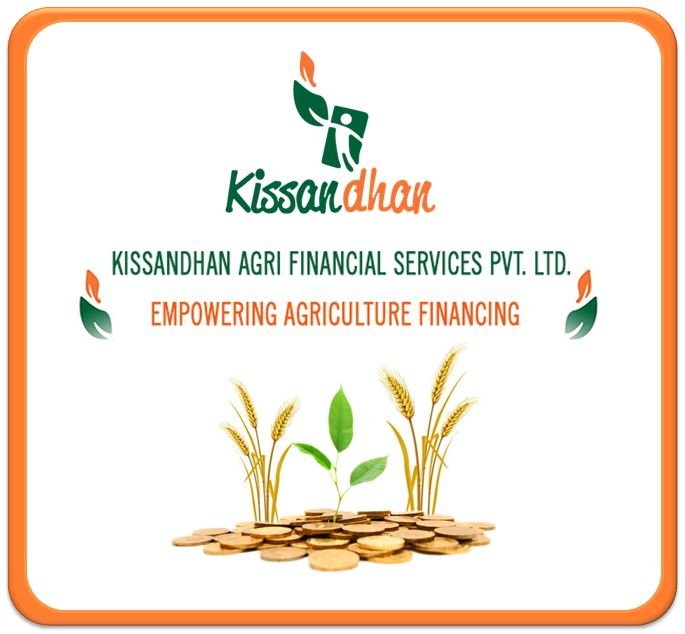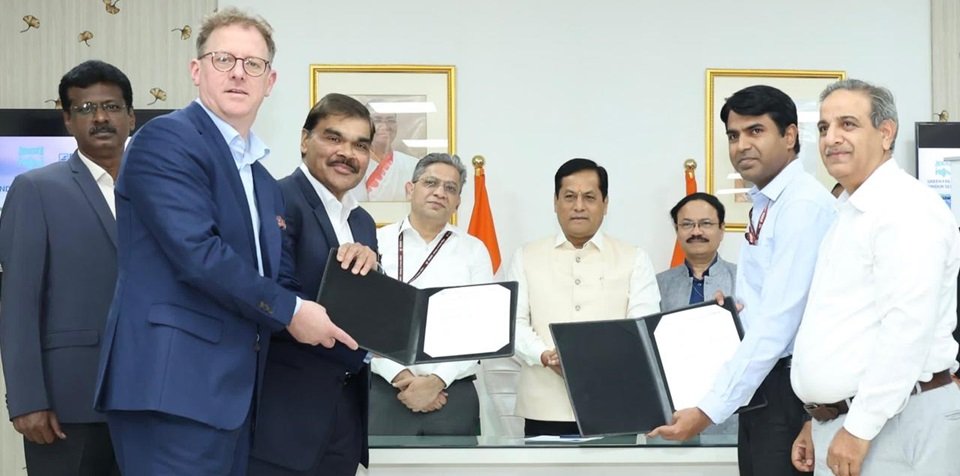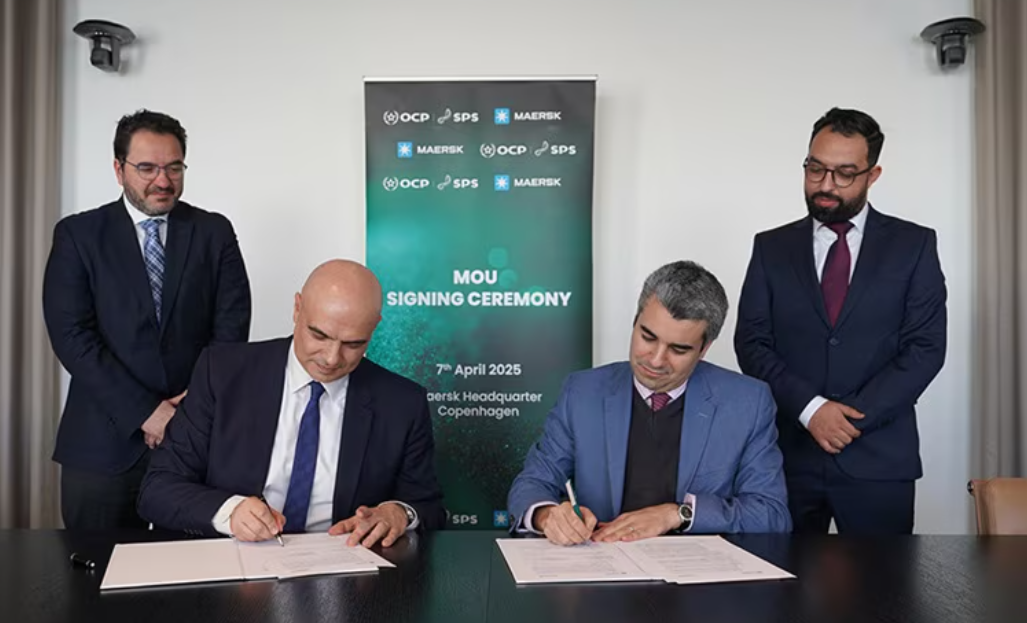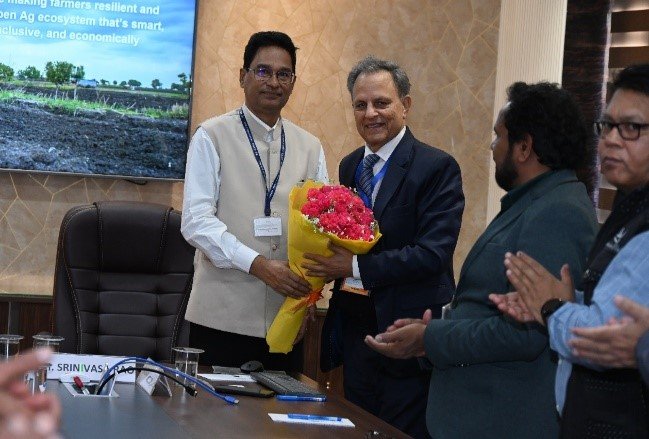Dvara Solutions, Kissandhan Agri Financial Services partners to transform multi-asset lending
Partnership will leverage the Perdix platform to expand Kissandhan’s lending suite—Micro Loan Against Property, Group Loans, Farmers Loans, and Medium-Term Loans.
Pioneering tech-fin company from Bangalore, Dvara Solutions, has today announced a strategic partnership with Kissandhan Agri Financial Services Pvt Ltd (Kissandhan), an RBI-regulated NBFC and a wholly owned subsidiary of Sohan Lal Commodity Management Limited (SLCM). This collaboration will see Kissandhan leverage Dvara Solutions’ flagship product, Perdix, encompassing its Loan Origination System, Loan Management System, Reports, Platform Services, and Co-Lending Module.
Dvara Solution’s Perdix is currently used by over 20+ institutions and facilitates an AUM of more than Rs 15,000 Crore. By adopting Perdix, Kissandhan will enhance its ability to offer Micro Loan Against Property (Micro LAP), Group Loans, Farmers Loans, and Medium-Term Loans. Kissandhan has already disbursed loans worth Rs 3,263.99 Cr to farmers and has impacted more than 7 lakh farmers, with 37,185 women loan beneficiaries in Agri and allied space (as on 30th April 2025). The integration aims to streamline Kissandhan’s end-to-end loan lifecycle workflows, facilitate growth and operational efficiency, improve customer experience while ensuring strict adherence to regulatory norms.
Kissandhan stands out in the industry for offering multi-asset loans tailored to a diverse spectrum of borrowers, with customised financial solutions based on their specific needs. The rollout has commenced with the successful onboarding of most Kissandhan products onto Perdix, establishing a strong benchmark for the platform’s capabilities and future phases.
“At Kissandhan, our aim is to provide financial solutions of global standards that empower farmers and entrepreneurs across the Agri and Rural ecosystem. This collaboration signifies our commitment to creating a collaborative eco-system and improving efficiency along with transparency in the end-to-end loan lifecycle while providing peace of mind to our borrowers and customers. Partnering with Dvara Solutions will enhance our ability to offer tailored financial products with faster turnaround time. The integration of the Perdix platform will further streamline our lending processes, allowing us to provide customized loans to a broader range of segments, in Rural Eco system,” expressed Gurinder Singh Sehmbey, CEO at Kissandhan Agri Financial Services.
Vijay Chand, MD & CEO, Dvara Solutions, said, “We are thrilled to partner with Kissandhan Agri Financial Services. This alliance underscores our commitment to empowering financial institutions with cutting-edge technology solutions that drive financial inclusion across India. Partnering with Kissandhan allows us to showcase Perdix’s capability to handle all types of loan asset classes with ease.”
As Kissandhan is on-boarded as a client of Perdix, this partnership further solidifies Dvara Solutions’ position in the lending ecosystem. Dvara Solutions caters to a range of asset classes and offers a comprehensive suite of modules, APIs, and products that enable financial institutions to become highly customer-centric and deliver high-quality financial services. In addition to this, Dvara Solutions offers its powerful Perdix.AI platform—an AI solution born at the Centre of AI for Financial Inclusion in IIT Dharwad—that applies advanced machine learning, computer vision, and multilingual natural-language capabilities to streamline critical workflows, tighten risk controls, and make digital financial journeys faster, safer, and more accessible for customers across rural and semi-urban India.
Partnership will leverage the Perdix platform to














